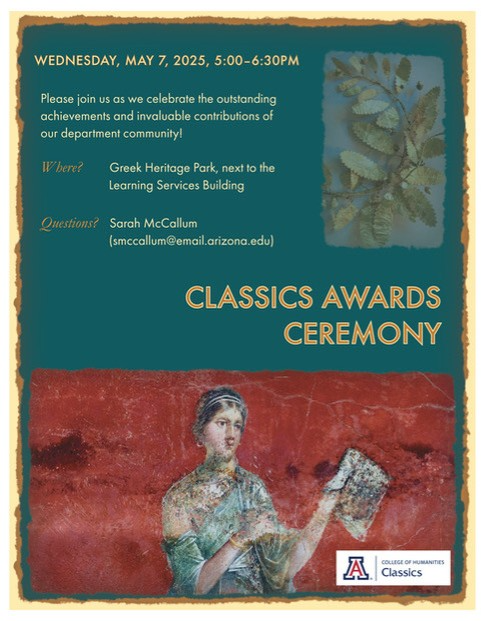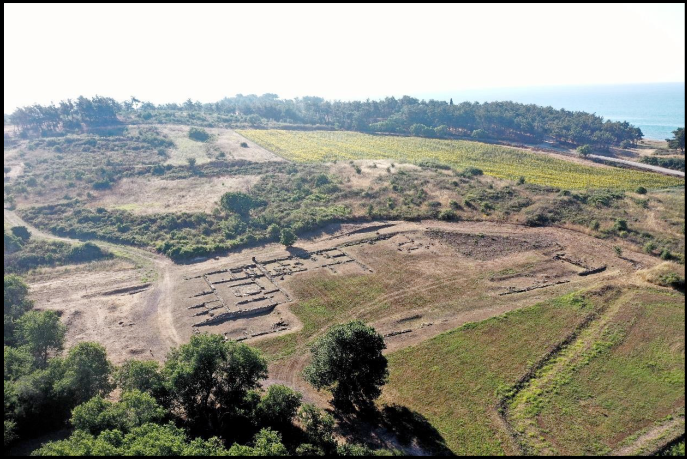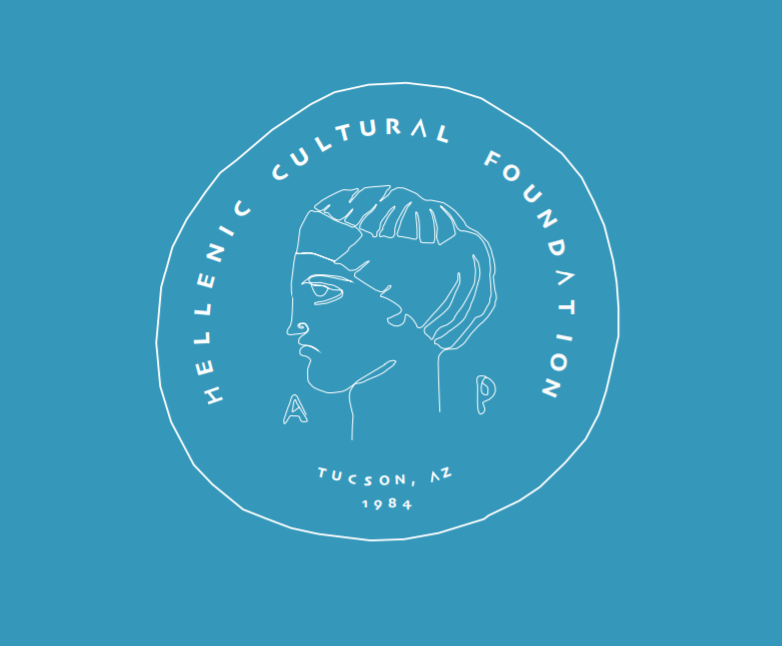Haury Anthropology Building Rm 215
3:00-4:00pmLecture title: Our Presidents’ Gifts: The Role of Greek Antiquities in Greek-U.S. Political Relationships after WWII
Lecture summary:
Political gift exchange implicates givers, receivers, and objects in a semantically complex relationship. In the late 1940s the U.S. involvement in Greece ushered in a new, unprecedented role for Greek antiquities as state gifts to American presidents or to high ranking officials in their administrations or in the US political life. Scattered in presidential museums and collections, these spectacular objects have largely escaped scholarly attention. My project seeks to assess the character of these antiquities and why they were chosen as diplomatic gifts. All of them were carefully chosen by Greek governments to epitomize a conception of ancient Greece as the political and cultural paragon of the West during the Cold War period. This message was communicated in well-staged ceremonies that resonated with the main political actors, the press, and diverse publics such as the Greek-American community. My lecture covers in detail these unpublished antiquities, their qualities as ancient artifacts, the rich symbolic connotations they carried at the moment of their presentation, and their reception by all those who experienced them as diplomatic gifts.The Lecture is co-sponsored by the Hellenic Cultural Foundation, the Archaeological Institute of America Tucson Society, and the Departments of Anthropology, Classics, and History.




